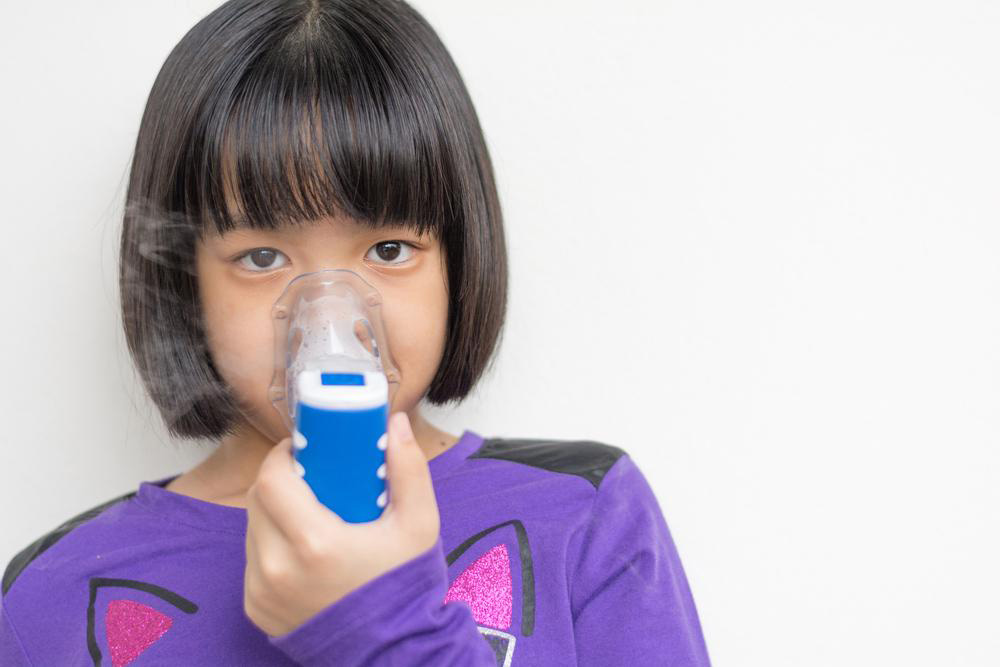Effective Strategies for Managing Chronic Bronchitis Symptoms
This article outlines effective management strategies for chronic bronchitis, including lifestyle changes, medications, and therapies. It emphasizes the importance of early diagnosis, smoking cessation, and personalized treatment plans to alleviate symptoms and prevent disease progression. Learn about common symptoms, diagnostic procedures, and treatment options such as bronchodilators, steroids, vaccines, and oxygen therapy, along with supportive measures for better lung health and improved quality of life.

Comprehensive Approaches to Treating Chronic Bronchitis
Chronic bronchitis, a persistent respiratory condition affecting millions worldwide, is characterized by a long-term inflammation of the bronchial tubes. It is frequently classified under chronic obstructive pulmonary disease (COPD). Managing this condition involves a combination of lifestyle modifications, medications, and therapies aimed at alleviating symptoms and preventing progression. Healthcare providers at specialized centers focus on personalized treatment plans to provide relief and improve quality of life for patients.
Understanding Chronic Bronchitis and Its Origins
The bronchial tubes are vital for airflow into the lungs. In chronic bronchitis, these airways become inflamed and blocked by excess mucus, narrowing the passageways. This disruption hampers normal breathing and leads to persistent coughs with mucus production. To be diagnosed with chronic bronchitis, an individual typically experiences daily coughing with sputum for over three months.
Experts indicate that cigarette smoking is the primary cause of chronic bronchitis, though exposure to irritants like passive smoke, industrial pollutants, dust, and smog also contribute. Occasionally, infections such as viral or bacterial bronchitis, pneumonia, or underlying health issues like heart failure, asthma, or immune deficiencies can trigger or worsen the condition.
Common Symptoms
Usually affecting those over 45, but anyone can develop it, symptoms include:
Breathlessness
Persistent coughing
mucus production
Wheezing
Congestion in chest and nasal passages
Fatigue
Sore throat
Headaches
Muscle aches
Fever
Skin discoloration
Severe cases may cause breathing difficulties due to impaired oxygen exchange, highlighting the importance of early medical intervention, especially for smokers experiencing breathing issues or frequent coughs.
Diagnosis and Treatment Approaches
When diagnosing chronic bronchitis, pulmonologists conduct comprehensive histories, physical exams, and imaging tests such as chest X-rays, blood tests, pulmonary function tests, and CT scans to evaluate lung health and rule out other diseases. Upon diagnosis, personalized treatment plans are devised.
Key advice from specialists includes quitting smoking entirely, often supported through rehabilitation programs that combine education and breathing exercises, while also avoiding secondhand smoke.
Treatment options encompass:
Bronchodilators: Relax airway muscles to enhance airflow
Steroids: Reduce inflammation and mucus production
Antibiotics: Treat bacterial or viral infections
Over-the-counter Cough Syrups: Soothe cough symptoms
Vaccinations: Regular flu and pneumonia shots every 5-7 years to prevent exacerbations
Oxygen Therapy: For severe cases, monitors blood oxygen levels
Surgery: Lung volume reduction may be recommended in extreme circumstances to remove damaged tissue
Additional measures include using humidifiers, wearing pollution masks outdoors, and protecting oneself from cold weather with masks or coverings.










